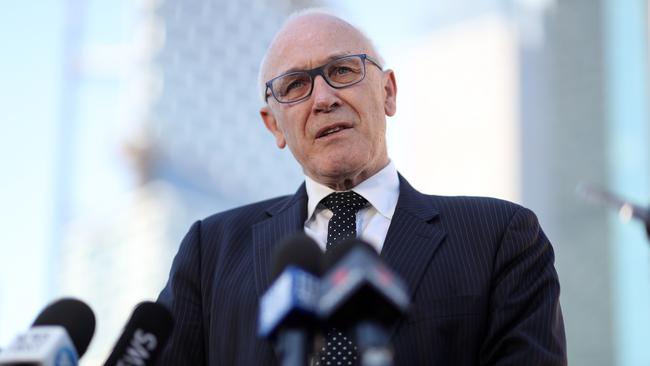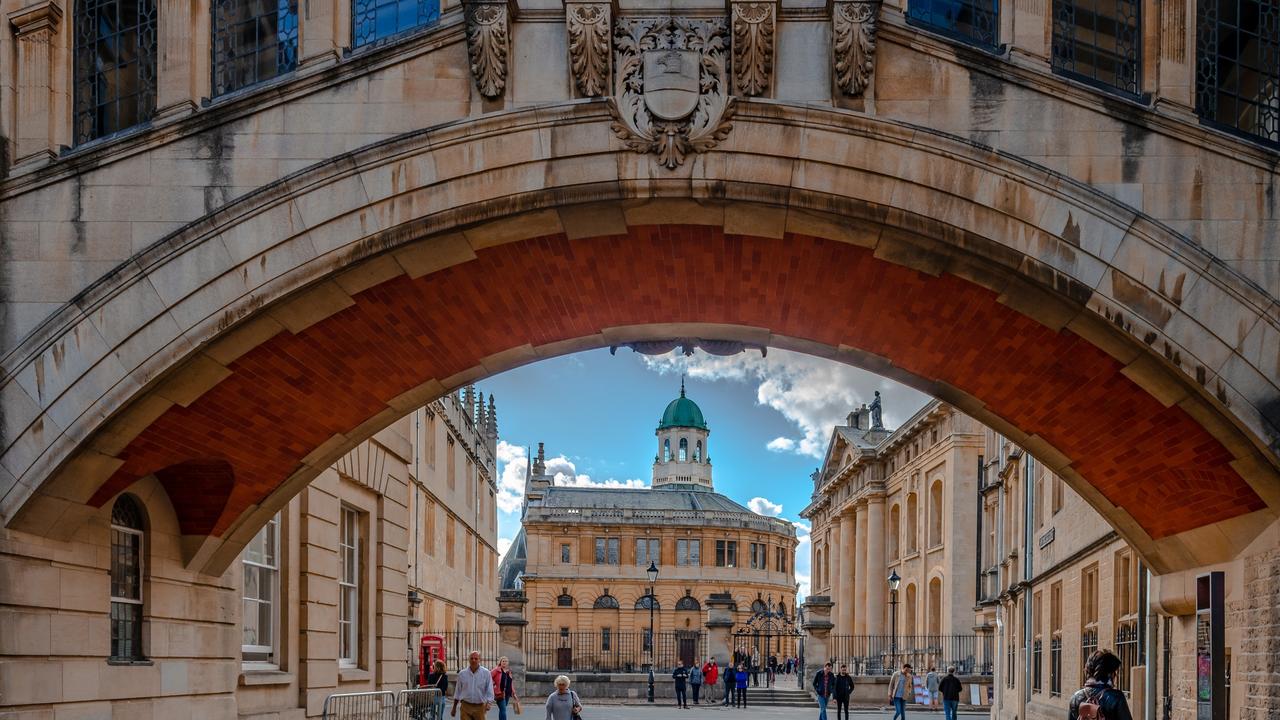Push for Voluntary Assisted Dying Bill after Covid-19 lockdown in NSW is just plain wrong

The Covid-19 pandemic has turned our lives upside down. It has changed the very fabric of our society, from how we greet each other, to how we work, to how our children learn.
But for all the bad, one of the few good things to have come from the pandemic is our renewed sense of care and concern — as a society, as communities — for the elderly, the vulnerable, the infirm and those who need our support.
It’s always been there, in our hospitals, our aged-care homes, our families. But Covid-19 has hung a lantern on it.
You see, the NSW government, in an effort to stop the spread of Covid-19, has asked a lot of everyone. And the people of NSW have shown by their actions just how much they care.
When we asked people to give up basic freedoms, to close their businesses and even their homes; when we stopped believers of all creeds attending places of worship and so much more, the overwhelming majority of people dug deep and did what was necessary.
Why? To protect the most vulnerable from this insidious disease — our parents, our grandparents, our sick and those who rely on us for care.
We hear daily the number of people impacted by Covid-19, those who are seriously ill with the disease, in ICU, and those that have died. But these are not just numbers.
They are real people with real lives, with families and friends.
Yet many thousands more would be seriously ill and even dead if not for the extraordinary sacrifices made by the people of NSW.
And so, right now, after everything we have been through as a state, it is hard to understand how we could soon be considering a law that will effectively allow state-sanctioned killing of those who are most in need of our care — it is just plain wrong.
The Voluntary Assisted Dying Bill proposes a government-appointed board to authorise the supply of a lethal poison to cause the death of a person either by self-administration (suicide) or by injection by a doctor or nurse (euthanasia).
To do so, the Bill has to create an exemption to the existing law prohibiting anyone from aiding, abetting, inciting or counselling another person to commit suicide. Let that sink in.
And in so doing, the Bill sends the very clear message that for some people, suicide is actually an OK choice. That sometimes pain and suffering makes ending your life a good option. That some people really are better off dead.
This is precisely the kind of deadly idea we desperately try to prevent from seeping into the minds of our young people, our family members, our work colleagues, our friends.
And now, when services like Lifeline have been receiving record numbers of calls for help, it is hard to imagine a worse time — a more devastating time — to send that message to the people of NSW.
But a message the NSW government has consistently been promoting is our record investment in palliative care and end-of-life support, as we have demonstrated year after year, including in this year’s NSW budget.
Today in the parliament and in the coming weeks, our focus should not be on anything other than keeping people safe, getting our local businesses open, our borders open, reuniting families for Christmas, and getting workers back to work.
When Covid-19 is no more than a page in a schoolbook, there will be time for judgments on how this government — and governments the world over — responded.
What I do know is that history will recognise our efforts (and yes, there have been mistakes) to protect the vulnerable and those who needed our care from a highly infectious disease.
Our care, and concern for the elderly, the vulnerable, the infirm and those who need our support is something we can all be proud of. We should not let this Bill take away from the one good thing to come from Covid-19.
Damien Tudehope is the NSW Finance Minister



As NSW launches back into life, it is beyond belief that the very first thing some members of state parliament want to do is pass a law to allow state-sanctioned killing of the sick, the elderly, and others in need of our care.